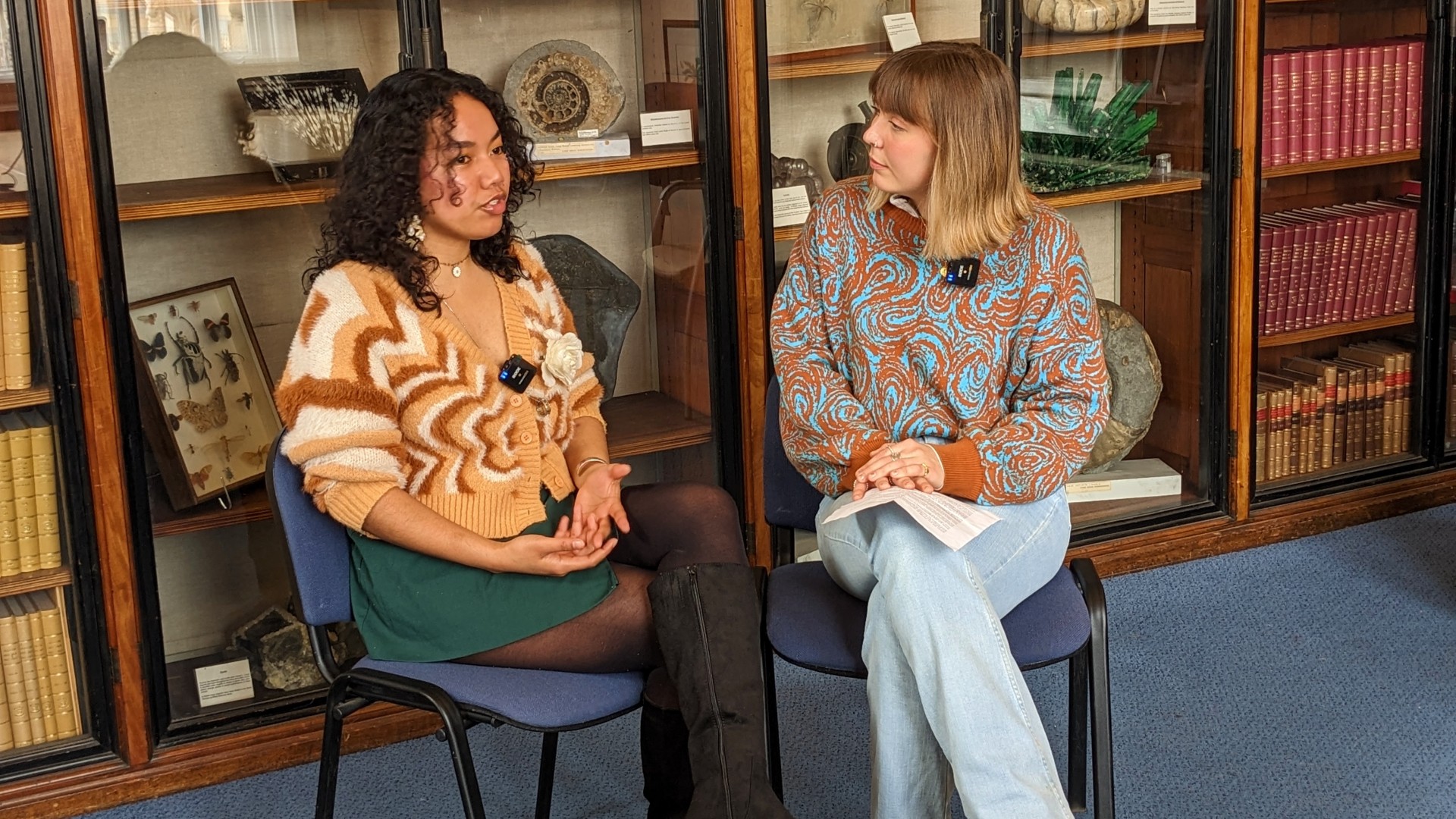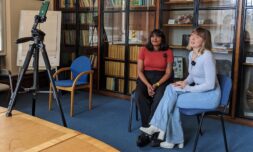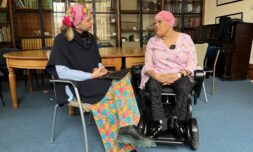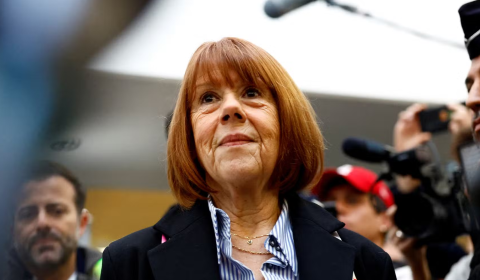We went to the Natural History Museum’s Generation Hope: Act for the Planet event to speak with the climate justice activist, poet, and spoken word performer about how young people can use their influence and actions to drive positive change for the Earth’s future.
Selina Leem is a climate warrior, poet, and spoken word performer from the Marshall Islands. She was the youngest delegate to speak at COP21 and has also spoken at COP26, where she made a ‘passionate plea’ to world leaders for increased action on addressing the crisis. To date, she has raised concerns on permafrost melting, forest fires, and droughts and continues to bolster awareness about her country’s lack of funds and expertise to adapt to the impending impacts of our environmental emergency – which scientists predict could see the nation disappear within the next fifty years or less. In her words: ‘my people are counting on me to share what is happening in the vast ocean of the Pacific. Too small for people to see, too far for people to reach, and a number of 52,634 people too little for people to care. Our islands are not just barely-there dots on the maps for many to turn a blind-eye to; they are our home.’
View this post on Instagram
Thred: When did you decide to dedicate your time to safeguarding the future of our planet? What made you want to take it to a global height, from project to mission to life’s work?
Selina: As a child, my grandfather would reprimand me and tell me that the ice in the North and South poles was melting and that the water would eventually flood our islands. This was terrifying. I would have nightmares of my family drowning and me desperately trying to save them. This made me extremely conscious of the changing environment around me and I began to pick up on increasing temperatures and rising sea levels year in year out. I quickly realised just how dire the situation had become and decided I had to do something about it.
Thred: It must have been difficult having this early realisation – to be so young and so acutely aware of your changing environment. How has this translated into your mission today?
Selina: All of the experiences I had during my upbringing I’ve put into spoken word or poetry that I’ve performed in front of audiences to bring home the emotion and fear I felt at that time – and still feel today. It’s crazy because this is supposed to be the decade of action and we aren’t on track.
I want to ignite this sense of urgency in people so they are compelled to act.
Thred: You’re a prime example of how young people are finding creative solutions to combat the climate crisis. Many say that to bring about tangible change and incite real progress, we need to be focusing on our niches and channelling our passions. What’s your take on this?
Selina: Creativity connects us with our core which is our emotion and what makes us human. I’m privileged to have been born in this era because it’s so easy to mental health, setting boundaries, and how to move forward with my generation. We’re part of a community so that when eco-anxiety is gripping my heart and I feel so overwhelmed by the state of things I’m able to feel grounded and remind myself that I’m not alone, we’re all in this together, and that if I need to take a break to look after myself it’s okay because they’ll keep fighting for me in the meantime.
Thred: Your passion evidently lies in encouraging the world’s younger generations to step up, rather than shut down, against any matters they are passionate about. Why is this so important? And how can Gen Zers deal with the universal – and often overwhelming – feeling of powerlessness in the face of climate change so that their mental health is protected?
Selina: I’ll be honest, the past few years I did withdraw. I couldn’t handle everything and I felt like an imposter when I was standing on stages and encouraging people to feel hopeful, because in these spaces we’re expected to spread a message of hope. I felt like I was lying because I was so wrought with fear and as a result couldn’t believe the words I was saying anymore. Eventually, after feeling as though my mental health was deteriorating, I was able to seek help. I would really encourage this. My therapist has given me tools so that I avoid bottling up and this is what I would recommend because it’s a natural human instinct to bottle things up but we shouldn’t.




















